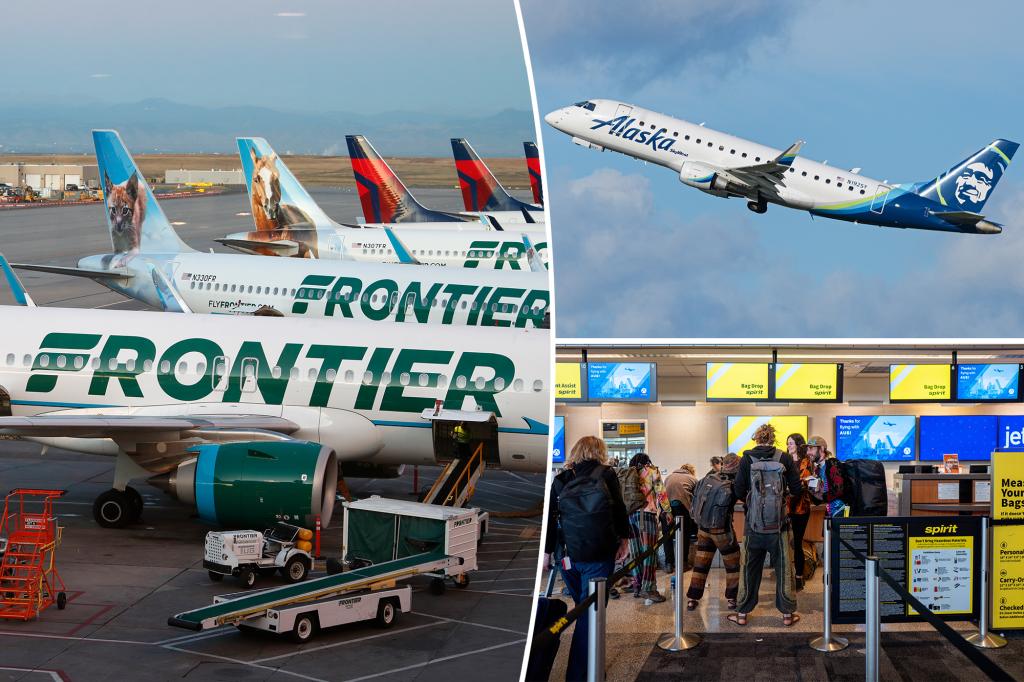A recent report highlights the problem of overbooking on US airlines, where many passengers are involuntarily bumped from flights, often in exchange for inadequate compensation such as vouchers or miles. Overbooking is a common practice among airlines in America where they sell more tickets than there are seats available, assuming not all passengers will show up. This practice helps reduce the number of empty seats and maintain low fares but can lead to significant problems and frustration for passengers who are denied boarding.
The report identified several airlines with high rates of denied passengers per 10,000, including Endeavor Air and SkyWest, both Delta affiliates, as well as Frontier and Spirit. However, Delta, despite its high rate of denied passengers, reported that all 115,827 of them left the line voluntarily. On the other hand, Hawaiian Airlines and Allegiant Air were identified as the least likely to bump passengers, with very low rates of involuntary bumps, signaling a better experience for passengers on those airlines.
Experts suggest that passengers who want to avoid being involuntarily bumped from a flight should aim to be more valuable customers to the airline. While the selection process for bumping passengers is generally random, airlines may prefer to start with passengers who do not have loyalty status. If a passenger does find themselves being involuntarily bumped, experts recommend fighting for their rights to receive proper compensation. Airlines may try to avoid offering monetary compensation, but passengers should be aware of the compensation they are entitled to under the law, which ranges from $675 to $1,350.
Overbooking on US airlines remains a contentious issue that impacts thousands of passengers each year, leading to frustration and stress for those who are denied boarding. Airlines justify the practice of overbooking as a way to reduce empty seats and maintain low fares but the negative impact on passengers cannot be overlooked. Passengers who are involuntarily bumped from flights should be aware of their rights to proper compensation and should be prepared to advocate for themselves in such situations. The report highlights specific airlines with higher rates of involuntary bumping, encouraging passengers to make informed choices about which airlines they choose to fly with.


